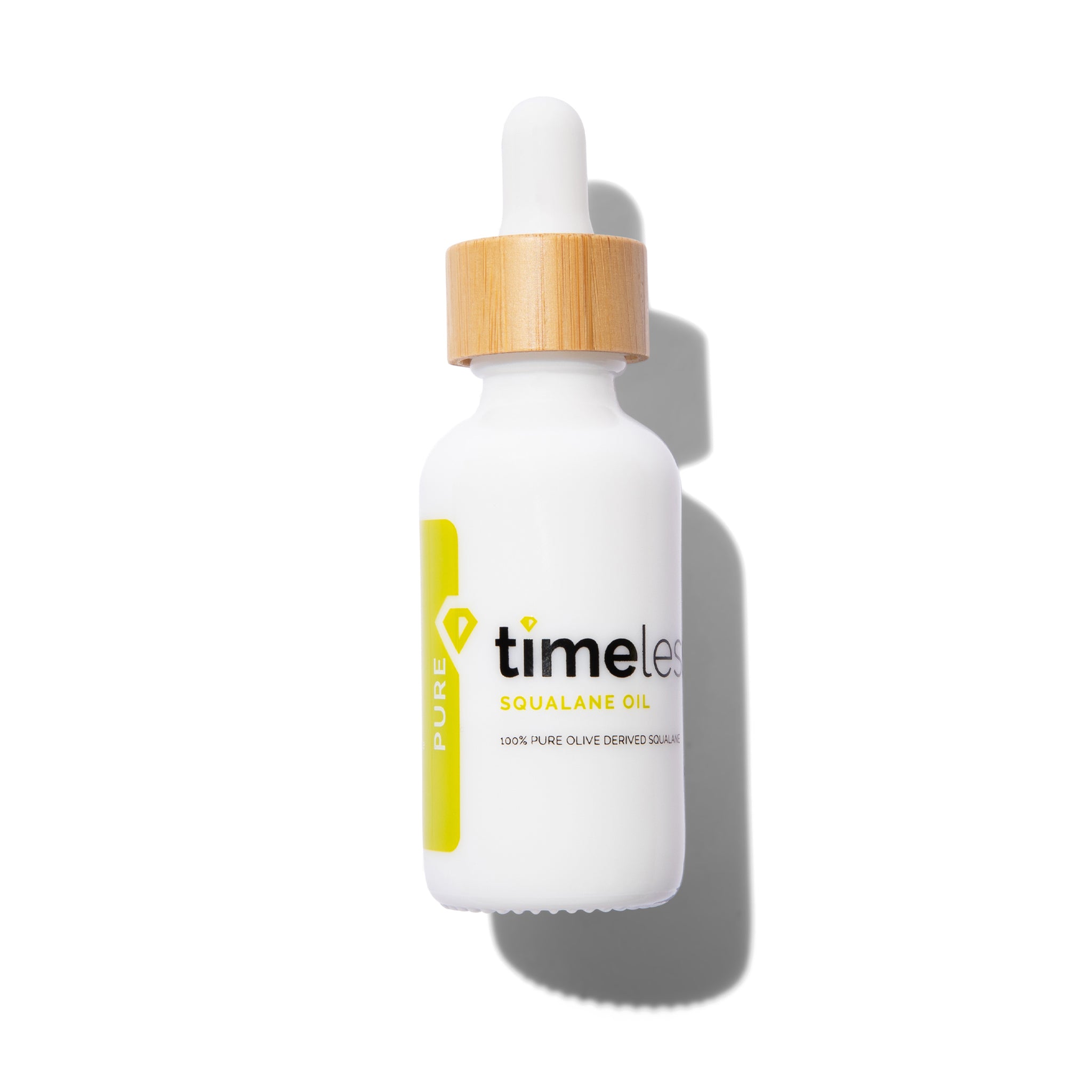You may feel at a loss as to how to manage acne after you have tried numerous products. However, if you have not as of yet tried pure Squalane Oil, then here are reasons you should consider doing so. There are many serums for acne prone skin to help control breakouts, but squalane is one of the best products that you should make part of your routine.
What is Squalane?
Your body actually produces its own form of squalane - squalene - but as time goes on production decreases, leaving the skin dry and vulnerable to breakouts. This is why adding squalane oil to a skincare routine is greatly beneficial if you suffer from dry skin. Squalene can be derived from multiple plant-based sources such as olives and sugar-cane. Through hydrogenation, naturally occurring squalene is turned into the much more stable form of moisturizer that we know as squalane oil.
How does Squalane help fight against acne?
In terms of acne, olive-derived squalane provides many benefits. Squalane serum has the power to rejuvenate parched skin without leaving it greasy. Your skin absorbs the oil quickly and exfoliates any dead skin cells. Squalane Oil contains antibacterial and antimicrobial properties that make it ideal for acne-promoting skin.
What are other benefits of Squalane Oil?
When using squalane oil, apply daily following serums and hydration products to seal over and protect the skin from harmful external contaminants. However, you do not have to suffer from chronic acne to benefit from squalane oil. Squalane is also a great substance for increased moisture benefits. It improves the elasticity of skin and can reduce the appearance of wrinkles and fine lines. It is also a great oil to apply to the lips and just under the eyes. These areas are prone to dryness, and squalane oil contains natural ingredients to reduce the dryness of these patches. It has been proven clinically to not irritate the skin, so it is perfect for consumers who cannot use other types of moisturizers due to the ingredient list. It can also protect against free radicals prematurely aging the skin.















